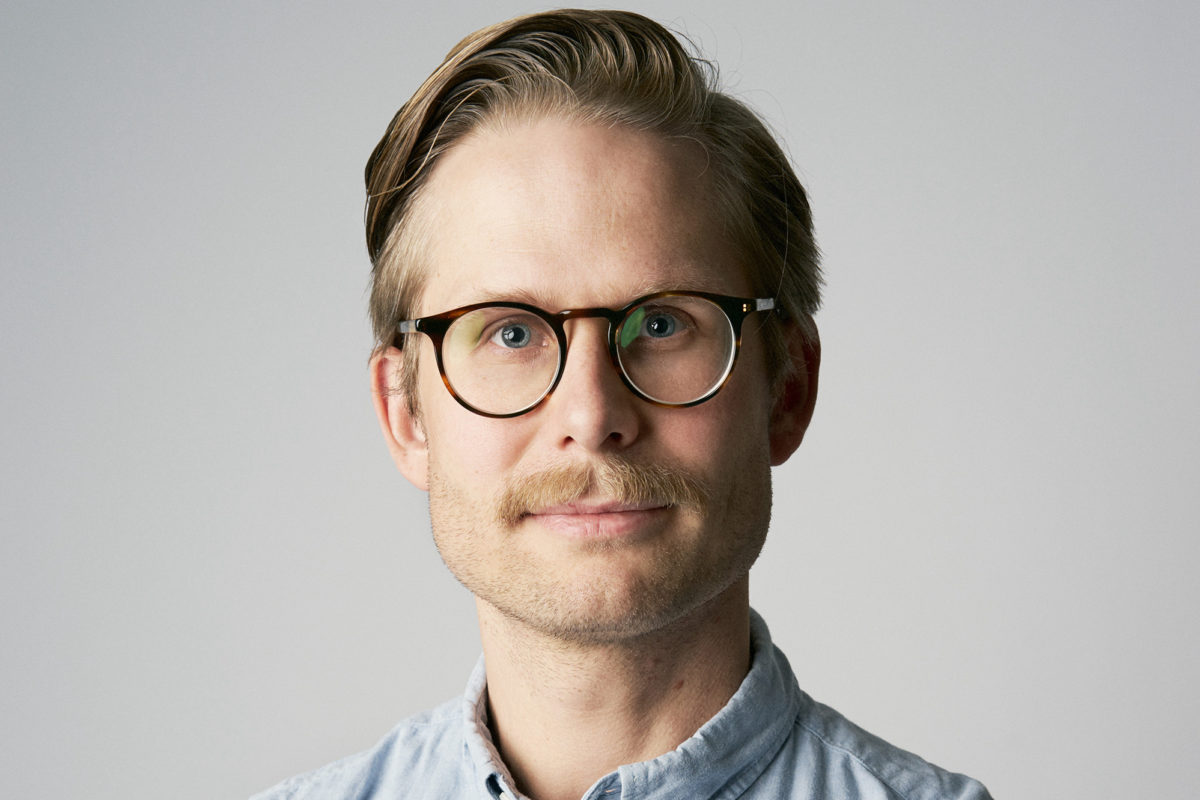Learn more about five projects awarded the Swedish Research Council’s development research grant 2020.
 Emil Edenborg. Photo: Private.
Emil Edenborg. Photo: Private.
The Swedish Research Council recently announced the awarded grants within development research 2020. Out of 219 applications, 41 projects received funding, distributed across various subject areas related to sustainable development. In this article series, SweDev has met with researchers in five of the awarded projects to learn more about their upcoming research.
Emil Edenborg is an Associate Senior Lecturer at Stockholm University and will lead a project on visibility strategies of LGBTQ rights defenders together with Senior Lecturer Cecilia Strand at Uppsala University and Professor Jakob Svensson at Malmö University. We met with Emil to talk about their project and its implications for development.
Tell us about your project “Navigating visibility in contexts of state-sanctioned homophobia: development actors and LGBTQ rights defenders in Uganda and Russia”
The question of visibility has emerged as a dilemma for many lesbian, gay, bisexual, transgender and queer (LGBTQ) rights defenders in a time of increased systematic resistance to LGBTQ rights. Activists seek to be publicly visible to raise awareness, gain support and attract funding. However, visibility may also be tied to vulnerability, stigmatization and even violence. This is especially true in countries where powerful actors actively support hatred towards LGBTQ people. Our project aims to understand the visibility strategies and management of LGBTQ rights defenders in Uganda and Russia in particular. It also seeks to examine how development partners (un)intentionally influence visibility practices through rhetoric and funding preferences.
In what novel way can the project help us understand current development problems?
Our project will contribute to a more nuanced understanding of both the possibilities and potential risks tied to visibility in LGBTQ rights struggles, as well as development partners’ role in this work. This is extremely important given the increased attacks and pressures against LGBTQ activists in many countries.
SweDev aims to increase the interaction between development researchers and practitioners. How can practitioners working with development make use of the project’s findings?
Our findings will add to the understanding of the tensions around visibility, highlighting how visibility may empower marginalized groups but also make them more vulnerable. In this way, the findings will contribute to development partners’ understanding of their own role, benefitting their capacity to shape context-specific and bottom-up strategies for supporting LGBTQ activists.
What are potential challenges studying rights struggles in such contexts?
The challenges facing LGBTQ people, as well as what kind of international support they desire, differ between contexts. Development partners need to avoid “one-size-fits-all” strategies and always start with the wishes and needs of activists on the ground. For us as researchers, given the risky and often dangerous situation of LGBTQ rights defenders in Russia and Uganda, it is extremely important to always have the safety and wellbeing of our research participants as our first priority.
This is the second part of an article series. Read the first article here.
